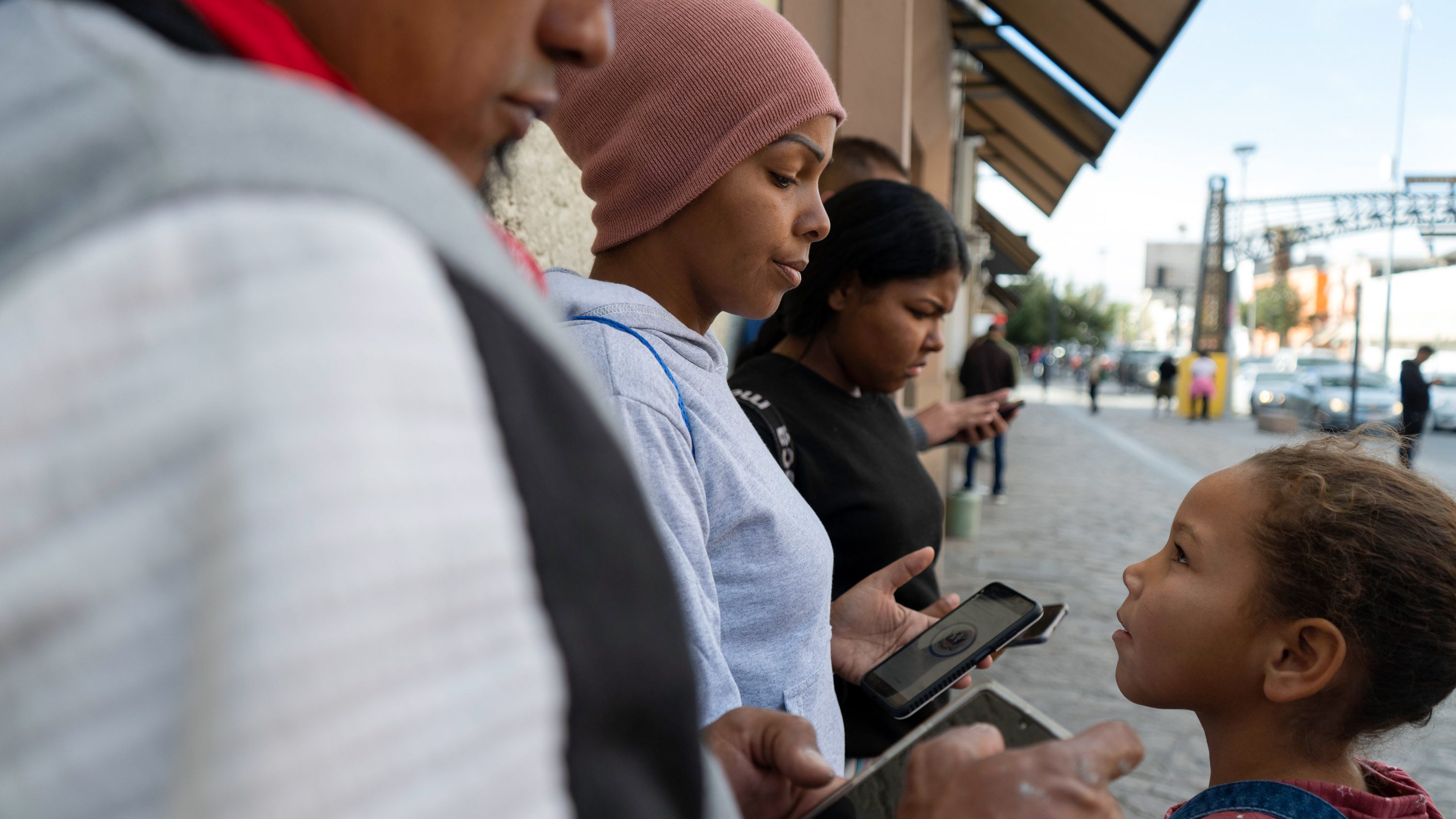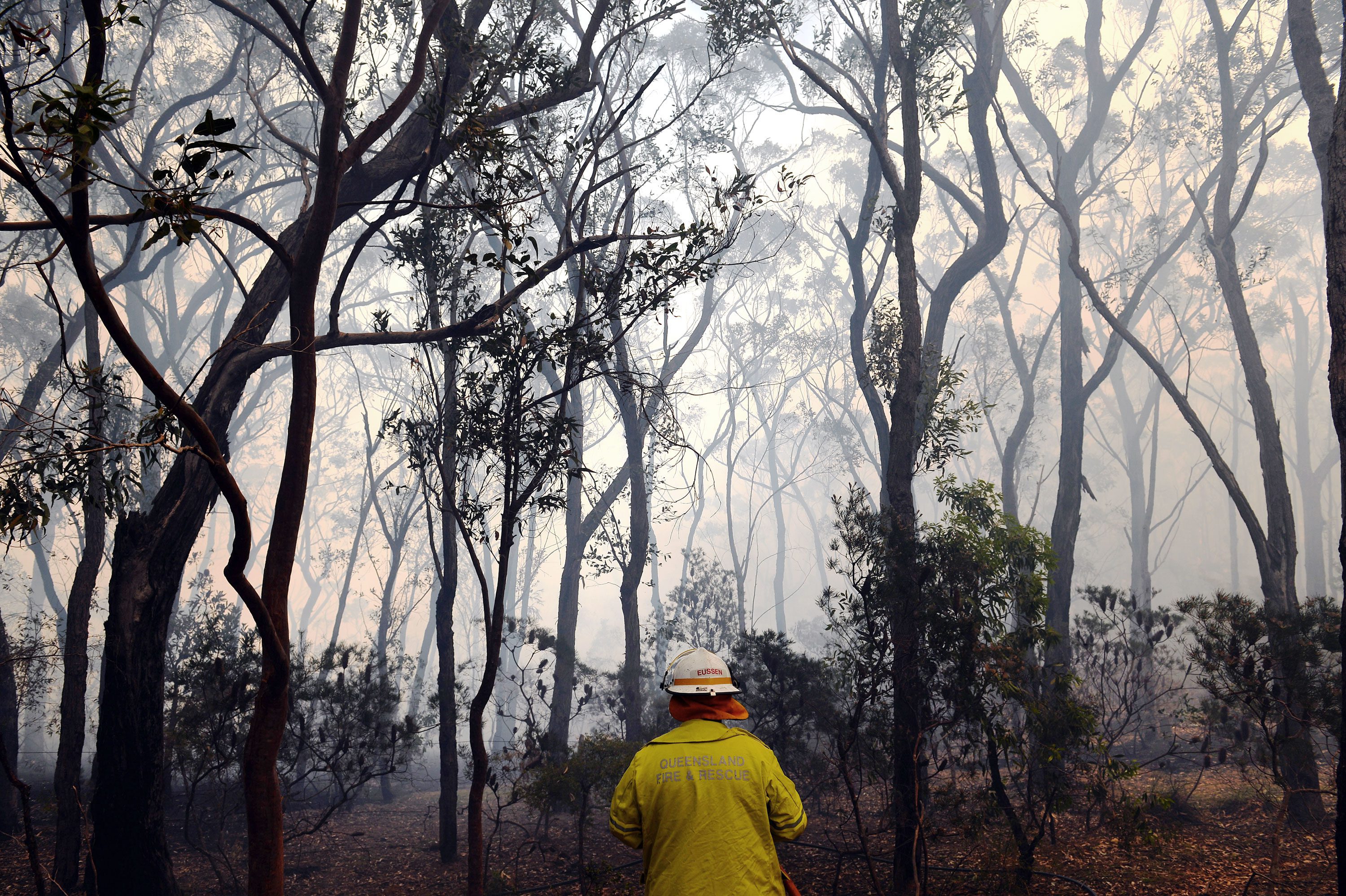The Download: impressive new AI capabilities
This is today’s edition of The Download, our weekday newsletter that provides a daily dose of what’s going on in the world of technology.
OpenAI teases an amazing new generative video model called Sora
OpenAI has built a striking new generative video model called Sora that can take a short text description and turn it into a detailed, high-definition film clip up to a minute long. It’s seriously impressive-looking.
Based on four sample videos that OpenAI shared with MIT Technology Review, the firm has pushed the envelope of what’s possible with text-to-video generation (a hot new research direction that we flagged as a trend to watch in 2024).
It’s hard to know exactly how impressive a step this is until we get more information from OpenAI—and we may have a wait on our hands. The company has no plans to release it to the public currently, though it does hope to in future. For now, mindful of the potential for misuse, OpenAI will be doing extensive safety testing. Read the full story—and check out some of the videos!
—Will Douglas Heaven
Google’s new version of Gemini can handle far bigger amounts of data
The news: Google DeepMind has launched the next generation of its powerful artificial-intelligence model Gemini, which has an enhanced ability to work with large amounts of video, text, and images.
For example: In one demonstration video shown by Google, the model was fed the 402-page transcript of the Apollo moon landing mission. Then they showed Gemini a hand-drawn sketch of a boot, and asked it to identify the moment in the transcript that the drawing represents. The model was also able to identify moments of humor.
What it means: These sorts of AI capabilities are very impressive, Oren Etzioni, former technical director of the Allen Institute for Artificial Intelligence, told us. However, he did give one major caveat: “Never trust an AI demo.” Read the full story.
—James O’Donnell
How bacteria-fighting viruses could go mainstream
Lynn Cole had a blood infection she couldn’t shake. For years, she was in and out of the hospital. Each time antibiotics would force the infection to retreat. Each time it came roaring back.
In the summer of 2020, the bacteria flooding Cole’s bloodstream stopped responding to antibiotics. She was running out of time. Her doctors decided they had to try a different approach: phages, which are tiny viruses that infect and destroy bacteria.
The phages worked. Cole recovered with remarkable speed. But then the therapy failed. Cole’s case highlights the enormous promise of phage therapy, but it also shows just how much we have to learn. Read the full story.
—Cassandra Willyard
This story is from The Checkup, our weekly newsletter all about biotech and health. Sign up to receive it in your inbox every Thursday.
The must-reads
I’ve combed the internet to find you today’s most fun/important/scary/fascinating stories about technology.
1 The Senate could be about to pass some major tech regulation
If it passes, the Kids Online Safety Act will be the biggest piece of tech regulation in the US in decades. (WP $)
+ Why child safety bills are popping up all over the US. (MIT Technology Review)
+ New York City is suing TikTok and Instagram for ‘addicting’ kids. (NBC)
2 A new era of deepfakes is colliding with pivotal elections
And it’ll be very hard to figure out how big an impact AI-generated content has on results, even after the fact. (WSJ $)
+ A Chinese influence campaign is using AI-generated content to amplify division in the US. (NYT $)
3 TikTok has released an app for the Vision Pro
YouTube says it’s building an app for the headset too. (The Verge)
4 AI is nothing to fear for white collar workers
That’s because it’s not really a substitute for expertise—it’s a lever for its application. (Noema)
+ People are worried that AI will take everyone’s jobs. We’ve been here before. (MIT Technology Review)
+ Here’s how AI is shaking up the way we work. (The Verge)
5 What it’s like to be a content moderator in Pakistan
Pretty soul-crushing—and with little hope of a promotion or transferable skills. (Rest of World)
6 Hardware still matters
In fact, in the AI era, it’s about as important as it’s ever been. (FT $)
7 Discredited health claims are getting a second airing on TikTok
It’s giving new life to lectures by a woman permanently banned from providing health services in Australia. (Vox)
8 Electric vehicles aren’t great at handling extreme heat
But they could get better, thanks to new materials. (Scientific American $)
+ Tesla’s stainless steel Cybertrucks are already rusting. (Futurism)
9 Meat-injected rice, anyone? 




I have some serious beef with this new foodstuff (sorry, sorry.) (CNN)
10 Some young people want landlines 


There are some upsides to having a landline phone, but they’re disappearing fast. (The Guardian)
Quote of the day
“Critics are trying to write our obituary and are working to ban our industry in its infancy.”
—Uma Valeti, CEO of cultivated meat company Upside Foods, responds to criticism and pushback towards his industry from lawmakers, Wired reports.
The big story
This scientist is trying to create an accessible, unhackable voting machine



November 2022
For the past 19 years, computer science professor Juan Gilbert has immersed himself in perhaps the most contentious debate over election administration in the United States—what role, if any, touch-screen ballot-marking devices should play in the voting process.
While advocates claim that electronic voting systems can be relatively secure, improve accessibility, and simplify voting and vote tallying, critics have argued that they are insecure and should be used as infrequently as possible.
As for Gilbert? He claims he’s finally invented “the most secure voting technology ever created.” And he’s invited several of the most respected and vocal critics of voting technology to prove his point. Read the full story.
—Spencer Mestel
We can still have nice things
A place for comfort, fun and distraction in these weird times. (Got any ideas? Drop me a line or tweet ’em at me.)
+ It’s Friday! These recipes can become either cocktails or mocktails, if that’s more your thing.
+ Why ‘Wonderboy’ was John Lennon’s favorite Kinks track.
+ Reckon I pretty much had this exact chat with my Dad when I was a kid.
+ Soup doesn’t have to be a faff, as this recipe shows.
+ Turns out more money really can mean more problems.
+ Some weird and wacky ways people with busy jobs relax.






















